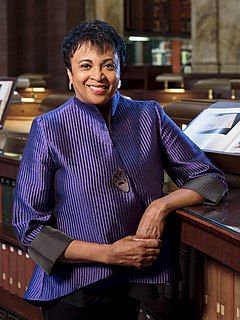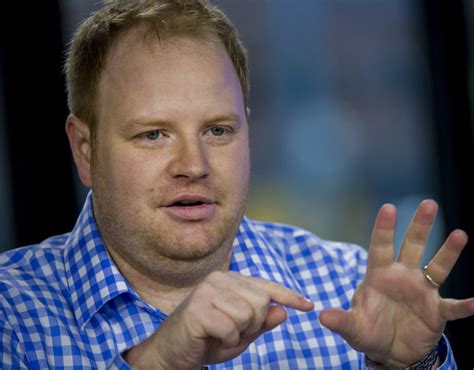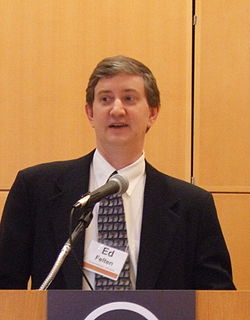A Quote by Billy Cannon
All artists are protected by copyright... and we should be the first to respect copyright.
Related Quotes
Under the 1998 Digital Millennium Copyright Act, Tumblr, YouTube, Reddit, WordPress, and Facebook aren't responsible for the copyright infringement of each of their millions of users, so long as they take down specific posts, videos, or images when notified by copyright holders. But copyright holders thought that wasn't good enough.
The crystal ball has a question mark in its center. There are some fundamental choices to be made. We will either choose to continue to wage a hopeless war to preserve the existing architecture for copyright by upping the stakes and using better weapons to make sure that people respect it. If we do this, public support for copyright will continue to weaken, pushing creativity underground and producing a generation that is alienated from the copyright concept.
I think the reality is that copyright law has for a very long time been a tiny little part of American jurisprudence, far removed from traditional First Amendment jurisprudence, and that made sense before the Internet. Now there is an unavoidable link between First Amendment interests and the scope of copyright law. The legal system is recognizing for the first time the extraordinary expanse of copyright regulation and its regulation of ordinary free-speech activities.
Providing free access to research papers on websites like Sci-Hub breaks so-called copyright law that was made to taboo free distribution of information on the Internet. That includes music, movies, documentaries, books, and research articles. Not everyone agrees that copyright law should exist in the first place.
The primary objective of copyright is not to reward the labor of authors, but ‘[t]o promote the Progress of Science and useful Arts.' To this end, copyright assures authors the right to their original expression, but encourages others to build freely upon the ideas and information conveyed by a work. This result is neither unfair nor unfortunate. It is the means by which copyright advances the progress of science and art.

































